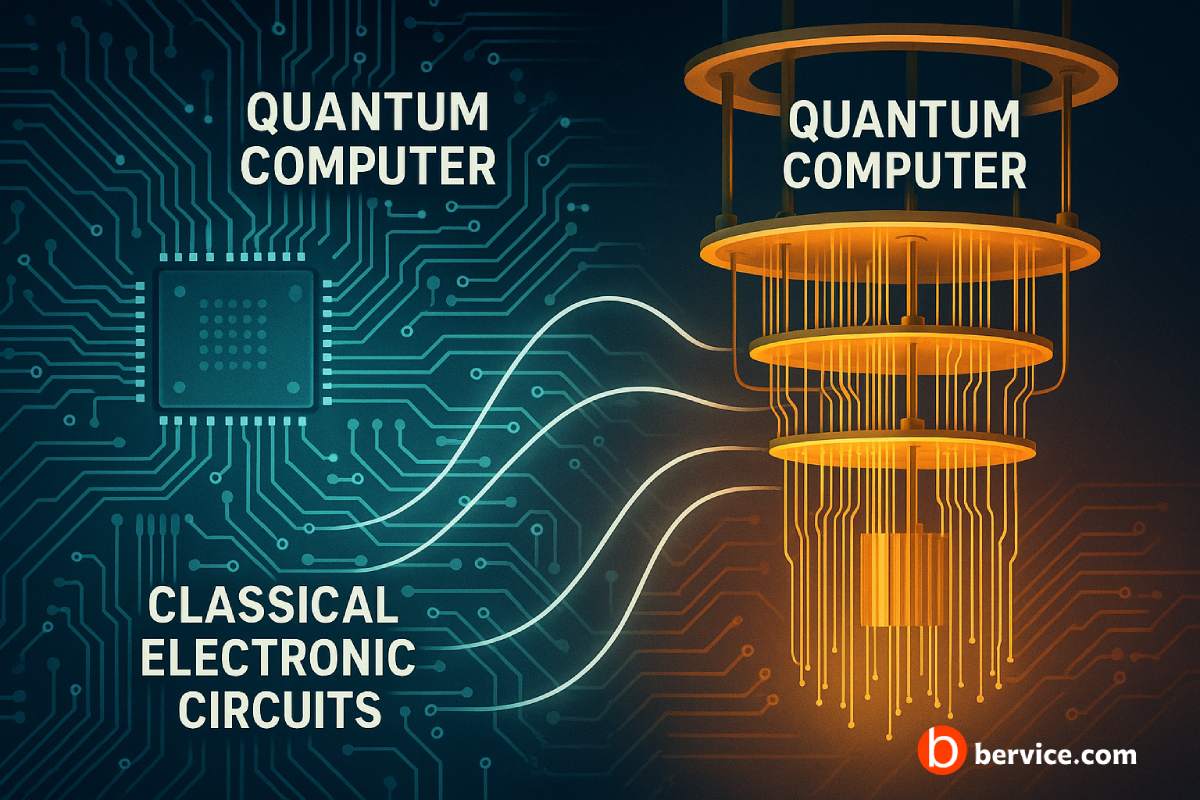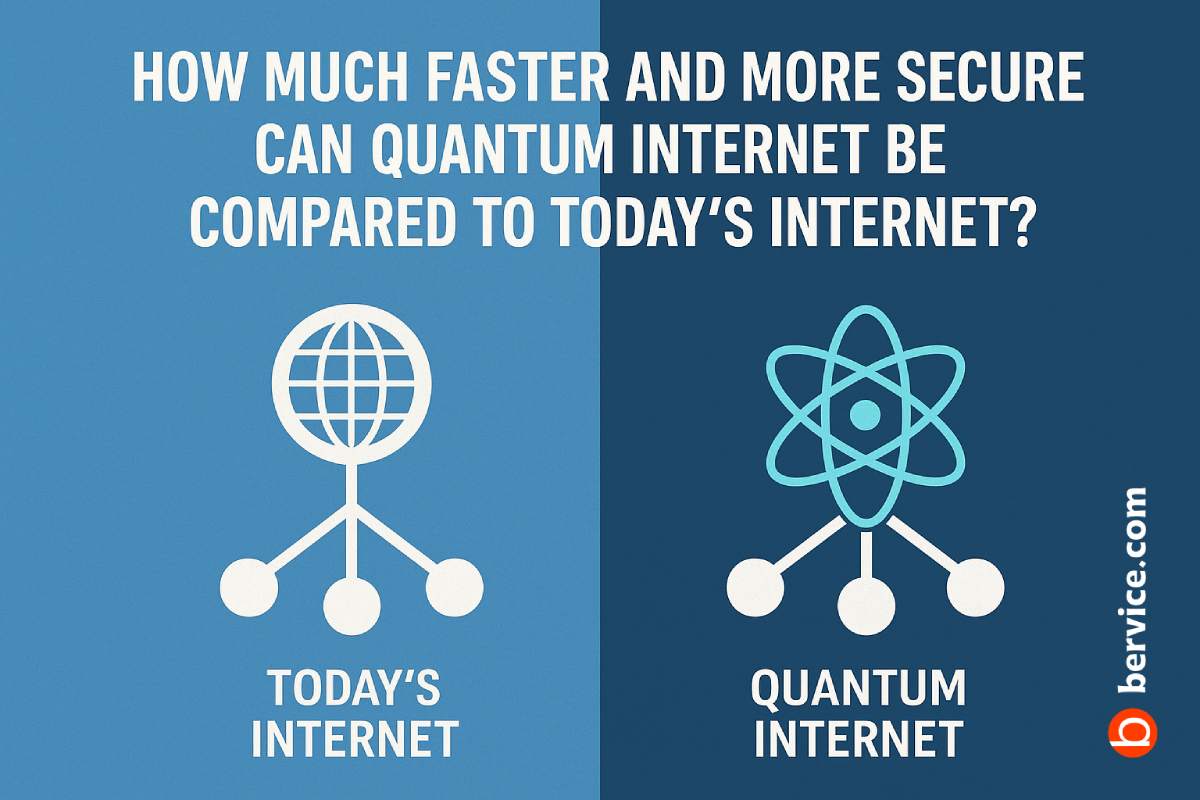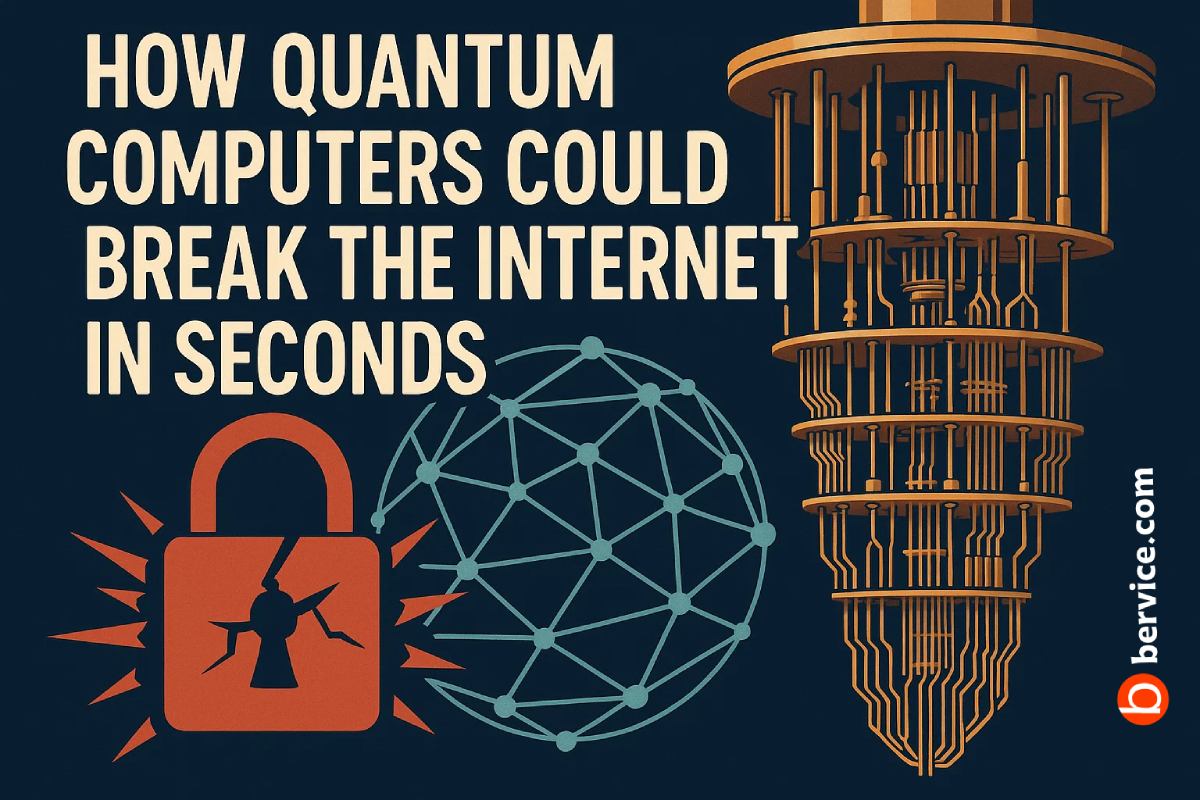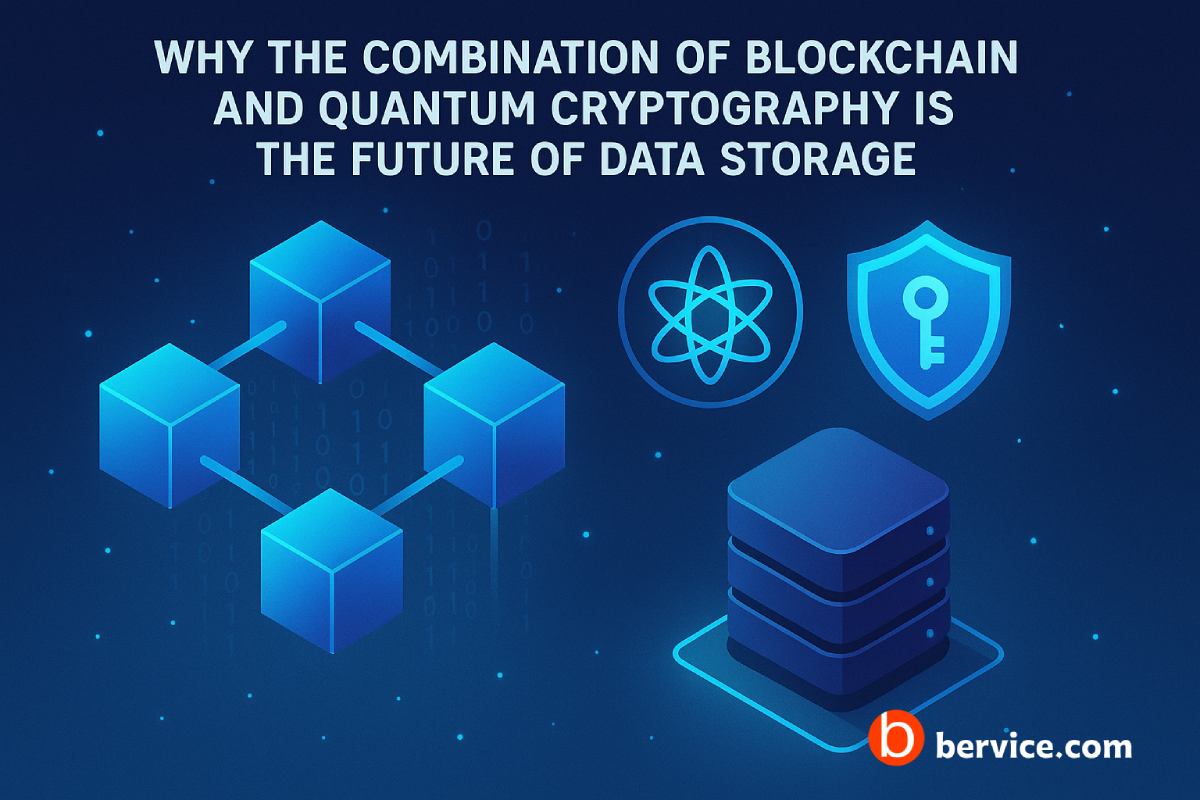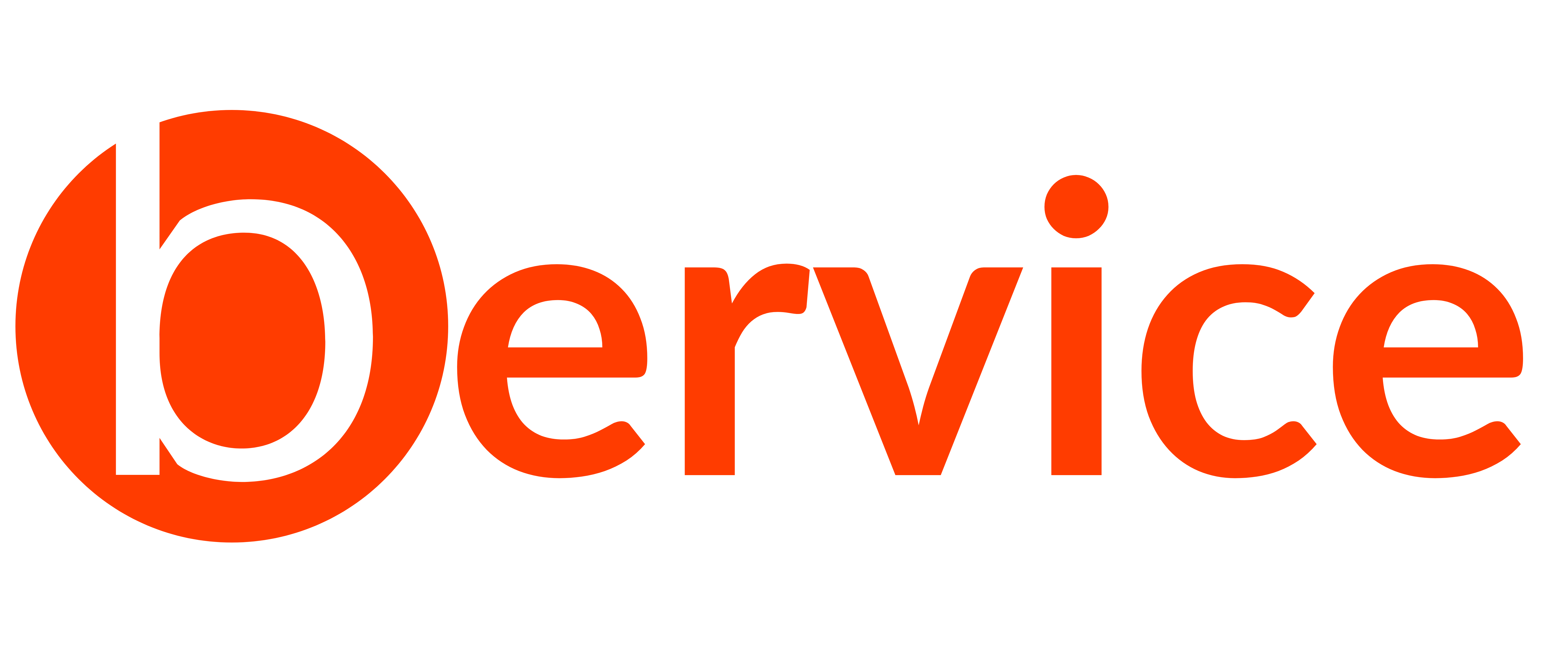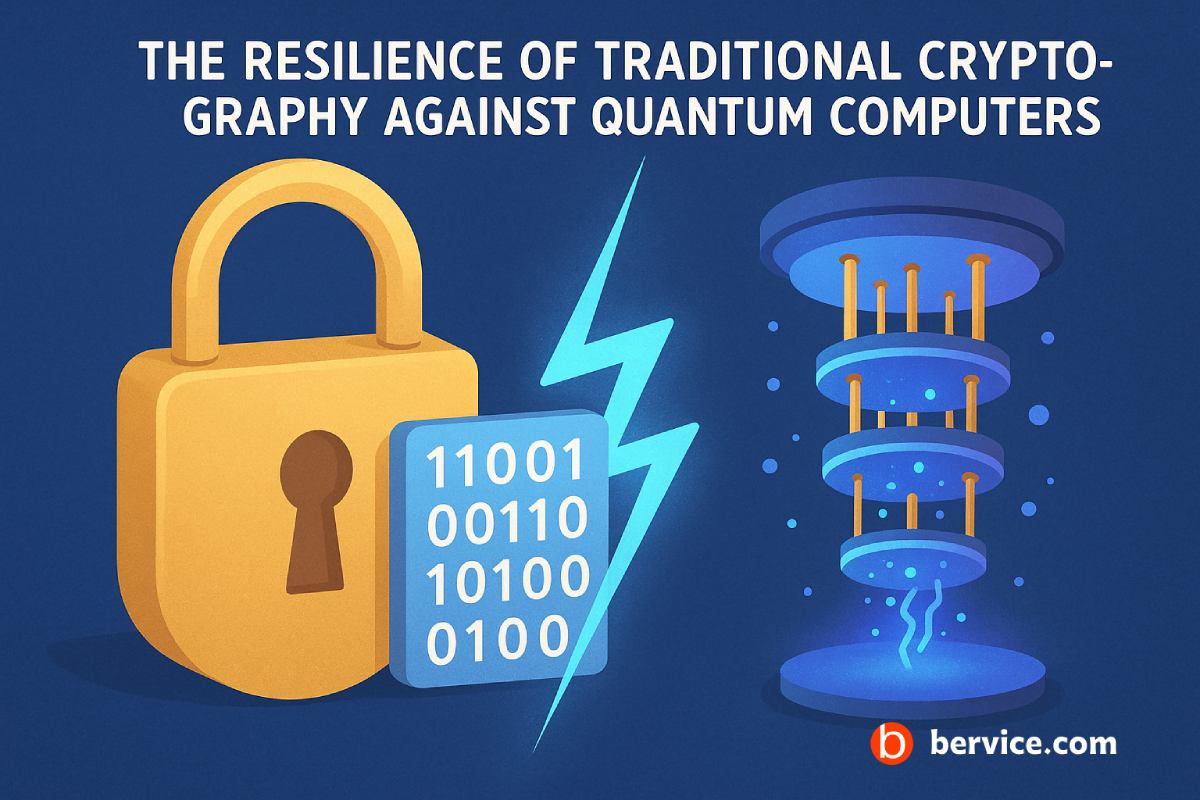
In the rapidly evolving world of technology, the future of computing is heading toward a shift that eliminates the need for traditional hard drives. The fusion of blockchain technology and decentralized storage systems is paving the way for a new era of computing where data is not only stored more efficiently but is also protected from deletion indefinitely. This article explores the intersection of blockchain, decentralized storage, and the concept of permanent data preservation.
The Evolution of Storage Technology
For decades, hard drives have been the backbone of computing, providing essential storage for everything from system files to personal data. However, with the advent of cloud computing and decentralized networks, the need for centralized storage devices like hard drives is being called into question. More specifically, the integration of blockchain technology with decentralized storage systems presents a promising solution to the problem of data preservation and security.
Blockchain, originally popularized by cryptocurrencies like Bitcoin, operates on a distributed ledger system that allows data to be stored across a network of computers. This network of nodes ensures that the data is not controlled by any single entity, making it resistant to tampering, corruption, and centralized control. As the technology matures, it is now being applied to the storage of all kinds of data, ensuring its permanence and protection from deletion.
The Power of Blockchain and Decentralized Storage
Decentralized storage networks use blockchain technology to distribute data across multiple nodes in a global network, removing the need for centralized servers. These networks allow users to store files, documents, and even large-scale data in a way that is secure and transparent.
The most notable advantage of decentralized storage is its resistance to data loss or deletion. Traditional storage systems, such as hard drives or even cloud storage, are vulnerable to single points of failure. A hard drive can be physically damaged, or a cloud provider can decide to delete or disable access to stored files. In contrast, with decentralized storage, the data is dispersed across a global network of nodes. If one node fails or becomes unavailable, the data is still accessible through other nodes, ensuring reliability and redundancy.
Furthermore, blockchain’s immutability feature ensures that once data is stored, it cannot be easily tampered with or deleted. Each transaction or piece of data added to the blockchain is recorded in a secure, transparent ledger, providing an unalterable history of the data’s existence. This feature is critical in industries where data integrity is paramount, such as healthcare, finance, and legal services.
The Promise of Permanent Data Preservation
One of the most revolutionary aspects of blockchain-based decentralized storage is its ability to guarantee permanent data preservation. Traditional storage methods depend on the maintenance of physical infrastructure, which can become obsolete, degrade over time, or be intentionally erased. In contrast, decentralized storage networks are designed to keep data available indefinitely.
This permanent data storage is especially beneficial for industries or individuals that need to ensure long-term access to historical records or sensitive information. For instance, governments and archives can use blockchain-based storage to preserve historical records without fear of data degradation or intentional deletion. Moreover, artists, creators, and researchers can rely on decentralized networks to securely store their intellectual property for generations to come.
Applications in the Future of Computing
The next generation of computers will likely incorporate blockchain and decentralized storage as a core component of their infrastructure. As blockchain technology continues to mature and become more scalable, decentralized storage systems will become increasingly efficient and affordable.
In this future ecosystem, users will no longer need to worry about managing physical hard drives or the potential loss of important data. Instead, their data will be securely stored across a distributed network, available anytime and protected from accidental or malicious deletion. This shift will not only change how data is stored but also how it is accessed and shared, opening up new possibilities for collaboration and innovation.
Conclusion
The fusion of blockchain technology and decentralized storage is ushering in a new age of computing where data is secure, transparent, and permanent. As we move further into the digital age, the reliance on traditional hard drives will gradually diminish, replaced by decentralized systems that offer greater reliability, security, and accessibility. The next generation of computers will be free from the constraints of physical storage devices, allowing us to store and manage our data in ways previously unimaginable.
Connect with us : https://linktr.ee/bervice
